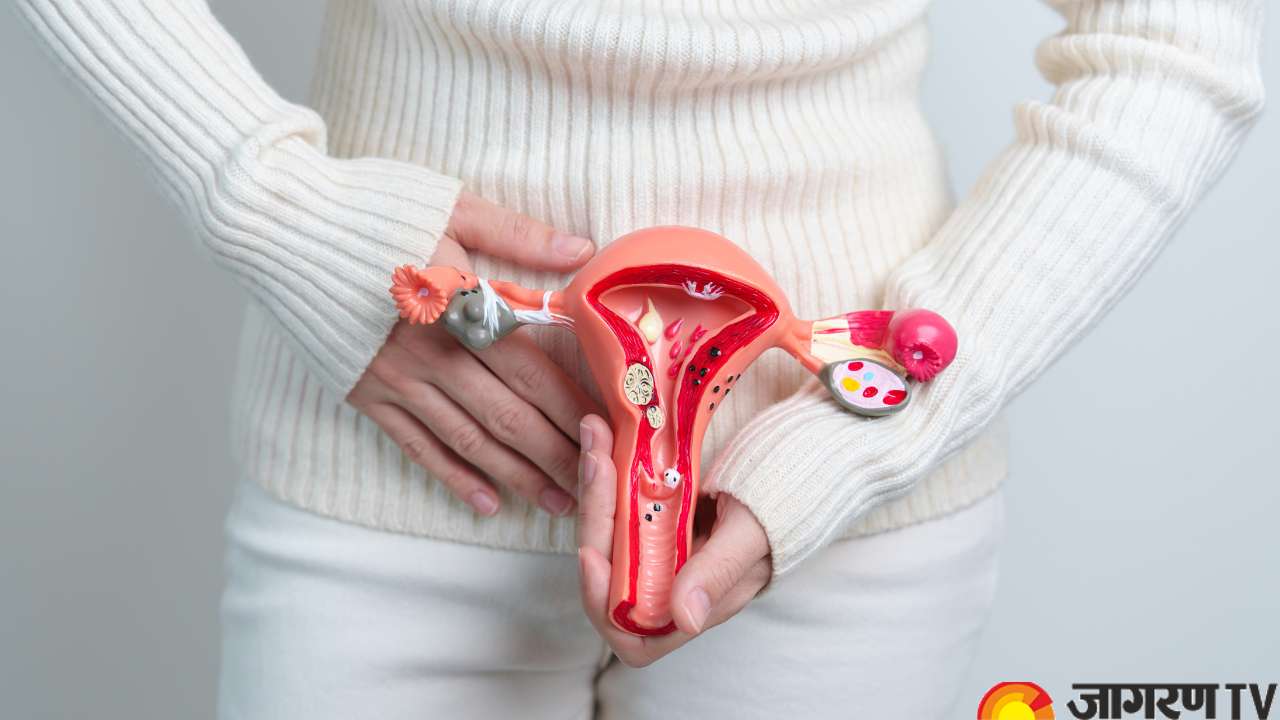World IVF Day 2025: Common Lifestyle Habits That May Affect Fertility in Men & Women

World IVF Day 2025: July 25th is World IVF Day, a notable day commemorating the birth of Louise Brown in 1978, the world’s first “test-tube baby” born through In Vitro Fertilisation (IVF). This day is a global recognition of the astonishing advances in reproductive medicine, a tribute to the pioneers who made IVF feasible, and a beacon of hope for millions of people and couples worldwide suffering from infertility.
World IVF Day
IVF began decades before Louise Brown's birth, with scientists conducting extensive research and experimentation. Dr. Robert Edwards, a physiologist, and Dr. Patrick Steptoe, a gynaecologist, were the visionary team whose perseverance resulted in the groundbreaking success. Their work, which was frequently viewed with scepticism and ethical concerns, transformed the area of reproductive medicine.
Louise Brown’s birth on July 25, 1978, in Oldham, England, marked a watershed moment. It revealed that human fertilisation may occur outside of the body, providing a feasible treatment for infertility that was previously thought to be incurable. This monumental achievement enabled countless families to realise their dream of parenthood.
Invention of IVF
-
The 1980s saw the introduction of embryo freezing (cryopreservation), which increased treatment flexibility and success rates.
-
The 1990s saw the development of Preimplantation Genetic Diagnosis (PGD), which allowed embryos to be screened for genetic disorders.
-
The 2000s saw advancements in intracytoplasmic sperm injection (ICSI), which greatly improved male infertility outcomes.
Infertility
Infertility, defined as the failure to conceive after a year of regular, unprotected intercourse, affects both men and women and can be caused by a variety of medical, genetic, or environmental causes. Lifestyle behaviours, in addition to medical causes, have a significant impact on fertility. Understanding and resolving these lifestyle choices is critical not just for improving the chances of natural conception but also for increasing the success rate of assisted reproductive technologies like IVF.
Common Lifestyle Habits Affecting Fertility
Lifestyle choices play a significant role in fertility for both men and women.
For Women
Female fertility naturally falls with age, especially after 30, and even faster after 35, due to a drop in egg quality and quantity.
Both being overweight (BMI greater than 25) and underweight (BMI less than 18.5) can alter hormonal balance, resulting in irregular ovulation or anovulation. Obesity can also raise the risk of polycystic ovary syndrome (PCOS), a disorder that has a direct influence on fertility.
Smoking harms the reproductive system, impairs ovarian function, raises the risk of miscarriage, and lowers the effectiveness of fertility therapies.
Excessive alcohol consumption can disturb hormonal balance, resulting in irregular menstrual periods and lower fertility.
Chronic stress can alter the delicate hormonal balance necessary for ovulation, reducing the chances of conception. It may potentially worsen disorders such as PCOS.
A diet high in processed foods, bad fats, and added sugars can harm fertility. In contrast, a well-balanced diet rich in fruits, vegetables, whole grains, and lean proteins can help it.
While regular, moderate exercise is healthy, excessively high-intensity exercise might occasionally interfere with ovulation by altering hormone levels.
Certain pesticides, chemicals (such as BPA in plastics), and heavy metals can all have a deleterious impact on fertility.
For Men
Smoking negatively impacts sperm count, motility, and morphology. It can also harm sperm DNA. This includes electronic cigarettes and vaping.
Chronic excessive drinking can reduce testosterone levels and degrade sperm quality, including sperm count and motility.
Obesity can cause hormonal abnormalities, such as turning testosterone into oestrogen and lowering sperm count and quality. Being underweight might also affect hormonal balance.
A bad diet, particularly one high in processed meats, saturated fats, and soy (which contains high levels of phytoestrogens), can have a deleterious impact on sperm quality. A diet high in antioxidants, zinc, selenium, and omega-3 fatty acids is advantageous.
Frequent hot baths, saunas and even tight clothing can raise scrotal temperature, reducing sperm production and quality.
Drugs such as cannabis, cocaine, and opiates can harm male fertility by causing hormonal changes, DNA damage, and a direct impact on sperm quality.
Chronic stress can cause hormonal imbalances and oxidative stress, both of which can negatively impact sperm health and function.
Pesticides, industrial pollutants, and air pollution have the potential to harm sperm DNA and hinder spermatogenesis.
Related Videos
-
09 Jun, 2025
Men’s Health: Why Male Fertility is Equally Important in IVF Treatment? Know Factors, Risks, and ...
-
23 May, 2025
-
15 Feb, 2025
Men’s Health: How to Increase Male Fertility? Know Diet and Lifestyle Modifications ...
-
19 May, 2024
Women Health: Know What is Endometriosis, Causes, Symptoms, Diagnosis, and More ...
यह भी पढ़ें
-
09 Apr, 2023
IPL 2023 : आज हैदराबाद और पंजाब में कौन मारेगा बाजी, ऐसी हो सकती है दोनों टीम की प्लेइंग इलेवन
-
09 Apr, 2023
कोरियन दूल्हे ने इंडियन स्टाइल में की शादी, घोड़ी भी चढ़ा और भांगड़ा भी किया, वीडियो हुआ वायरल
-
09 Apr, 2023
-
09 Apr, 2023
आकांक्षा दुबे मामले में आरोपी समर सिंह को भीड़ ने दौड़ाया, 14 दिन की न्यायिक हिरासत








